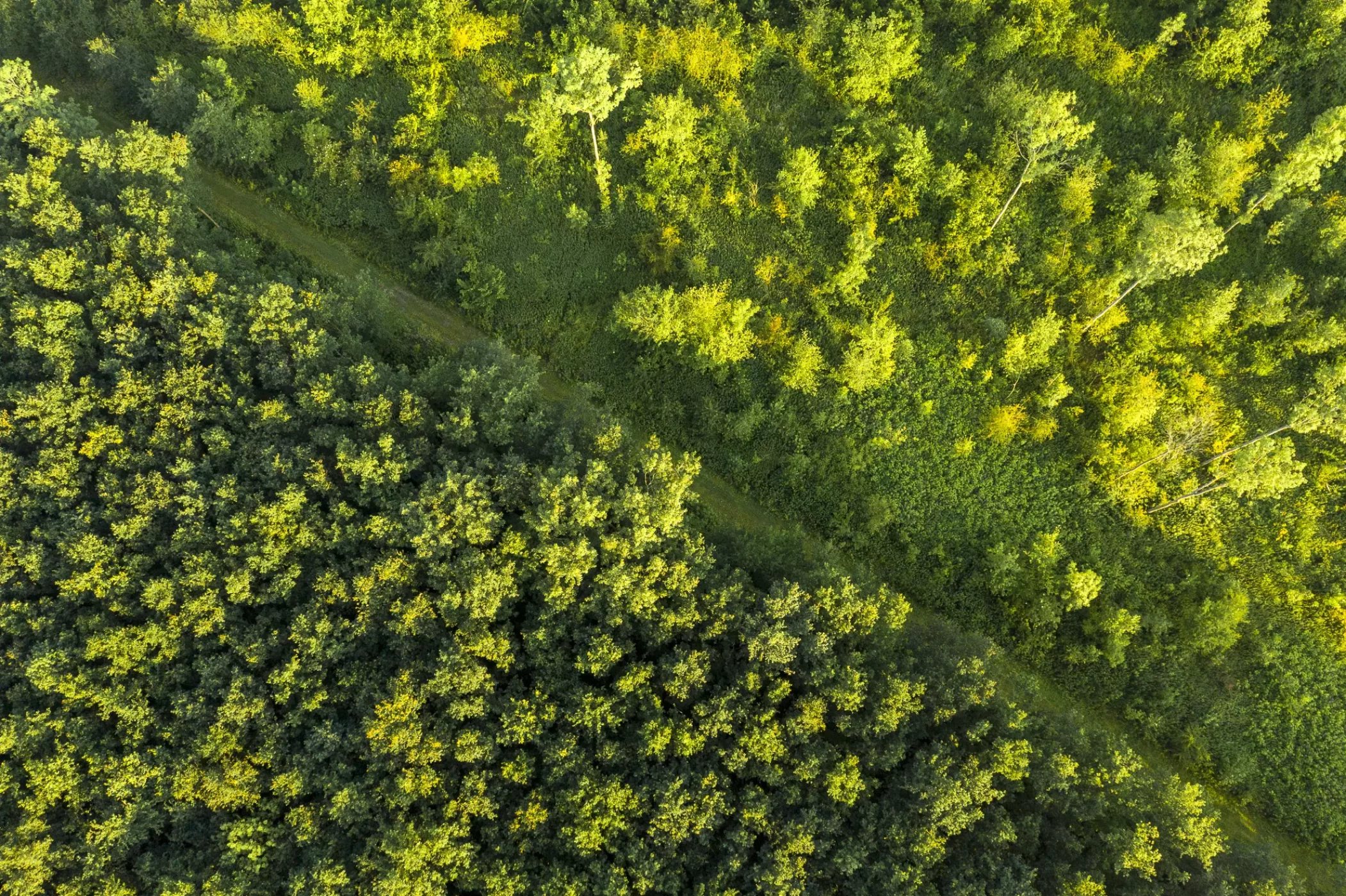Bieslandse and Waalse Bos
Trees for All worked together with Staatsbosbeheer to sustainably manage the restoration of the Waalse and Bieslandse forests.

Trees for All worked together with Staatsbosbeheer to sustainably manage the restoration of the Waalse and Bieslandse forests.
trees planted
hectares of forest
tree and shrub species
planting period
The Waalse forest is located in Tull en het Waal in the province of Utrecht, the Bieslandse forest in Pijnacker in the province of Zuid-Holland. The plots are spread over both areas, with a total of 8 hectares in the Waalse forest and 15,9 in the Bieslandse forest.
This project has been realised together with Staatsbosbeheer. For more information about the ash dieback you can visit this webpage from Staatsbosbeheer.
We transformed a sick and monotonous forest to a healthy and diverse forest that appeals to plants, animals and people.